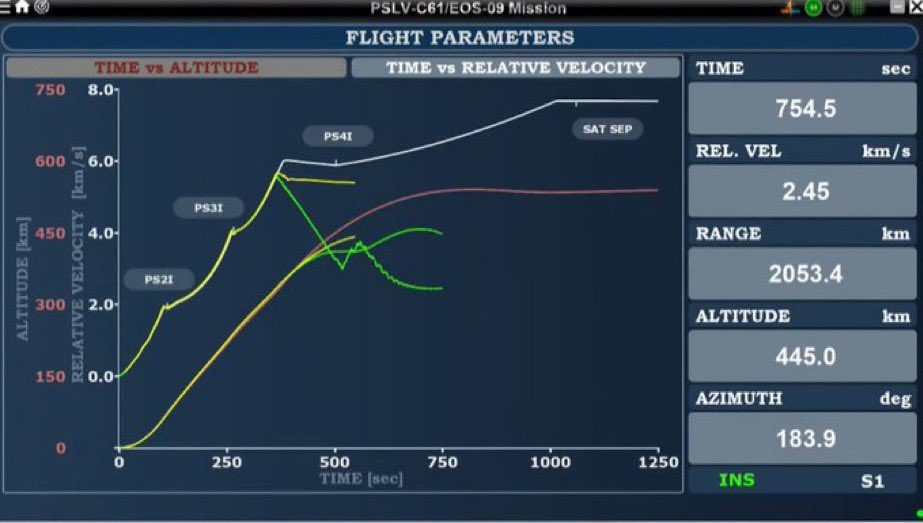The European Commission (EC) announced, on 20 July, that it had approved the intended acquisition of European launch provider Arianespace by newly formed joint venture Airbus Safran Launchers (ASL). ASL will purchase the 35% stake in Arianespace held by the French space agency CNES, on behalf of the French Government, for €150m (US$165m) giving the company a controlling 78% share.
The approval is subject to conditions aimed at addressing the two main issues posed by the new relationship between satellite manufacturer Airbus Defence and Space and launch provider Arianespace, namely: the possibility of Arianespace slipping information about the non-Airbus satellites it launches to Airbus DS; and Airbus providing information to Arianespace about competitors’ launch vehicles after a non-Arianespace launch.
In response, firewalls have been created between the two companies, designed to prevent the transfer of such proprietary information. Additional measures will also be enacted to reduce the mobility of employees between the companies, and to reduce any incentive individuals may have to pass on such information. An arbitration mechanism is to be included when either party is involved in non-disclosure agreements with third parties.
After the merger Arianespace is expected to take on more of a marketing role for the current European launcher family, consisting of the Vega light launcher, Soyuz medium launcher and Ariane 5 heavy launcher. By the 2020s Arianespace expects to be marketing the upcoming Ariane 6 medium-heavy launcher and Vega-C small launcher. The maiden flight of the Ariane 6 is expected in 2020, while Vega-C is planned for a year earlier in 2019.
The Italian company, ELV, prime manufacturer for the Italian-lead Vega launcher, had expressed concern that Arianespace might be inclined to shift payloads at the higher end of Vega-C’s capabilities to Ariane 62, which will be easily able to accommodate these loads. The EC dismissed this concern and concluded that “the Ariane and Vega launchers have different technical characteristics and prices and can rarely be used for the same missions”. It also pointed out that ESA (European Space Agency) would be able to play a supervisory role, preventing discrimination if cases such as this were encountered.
——————————————————————————————————————-
Matthew Wilson contributed to this story.







